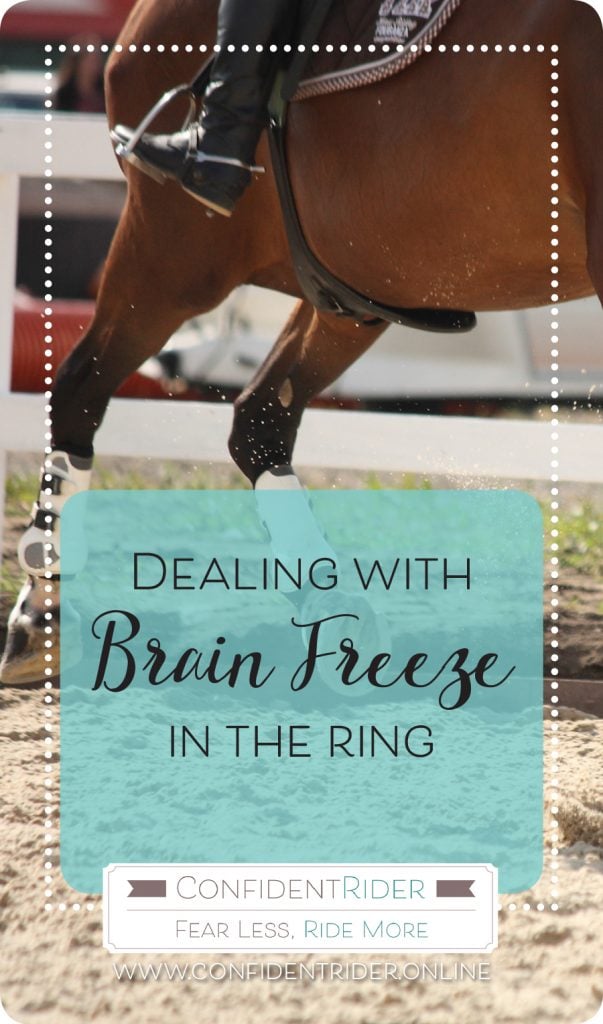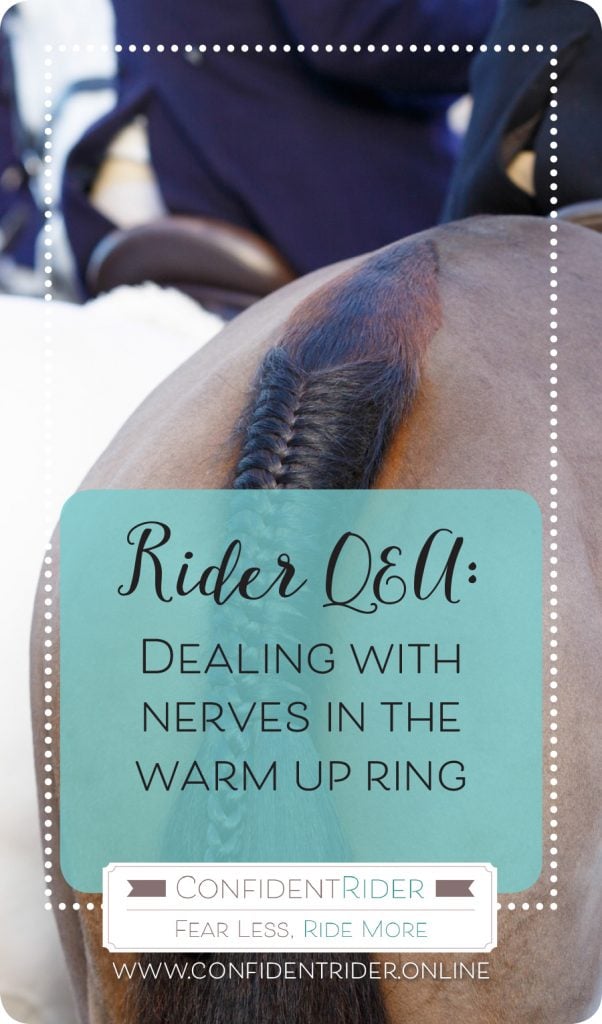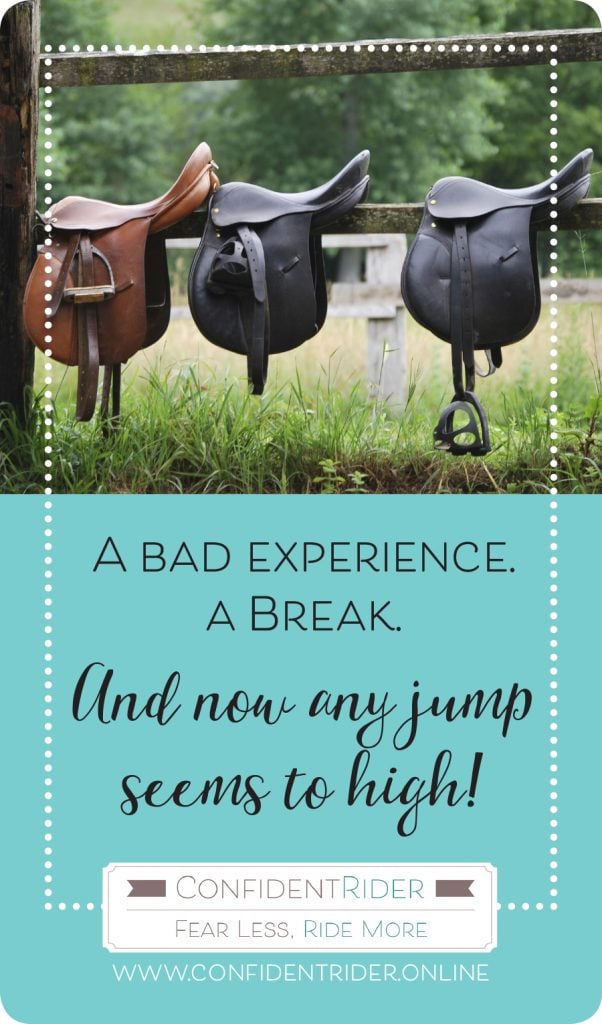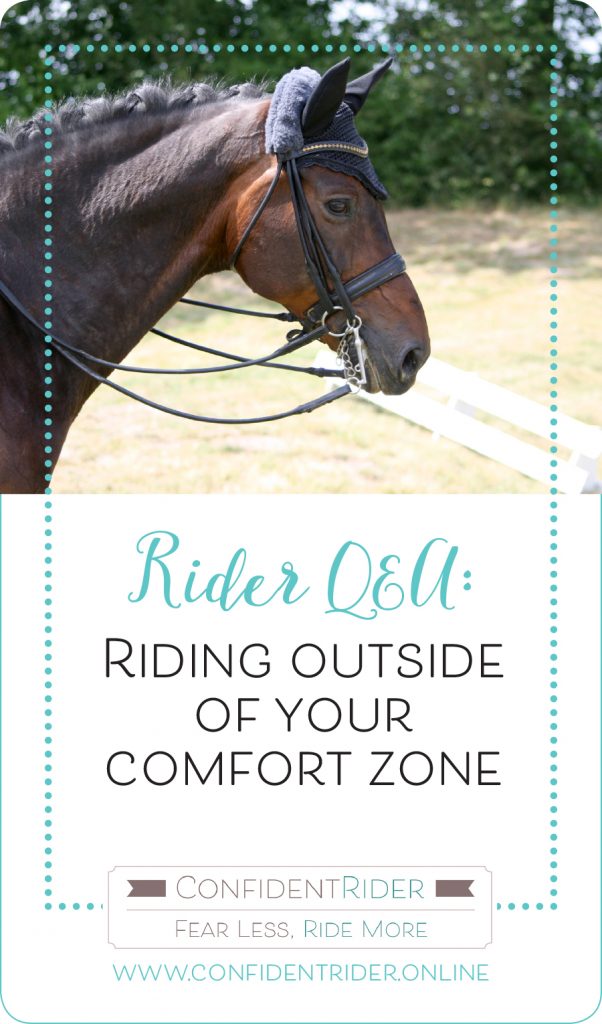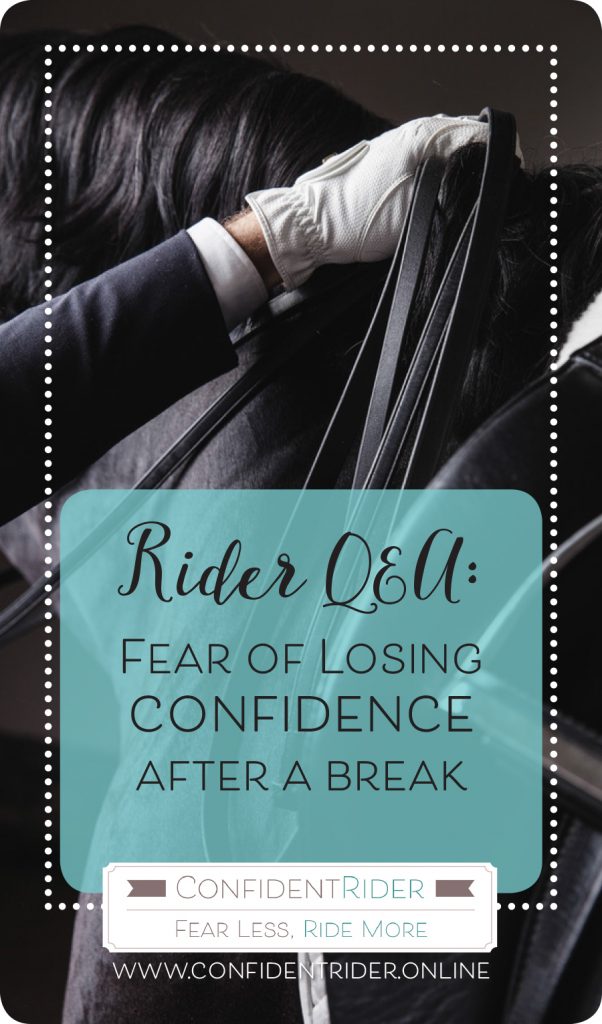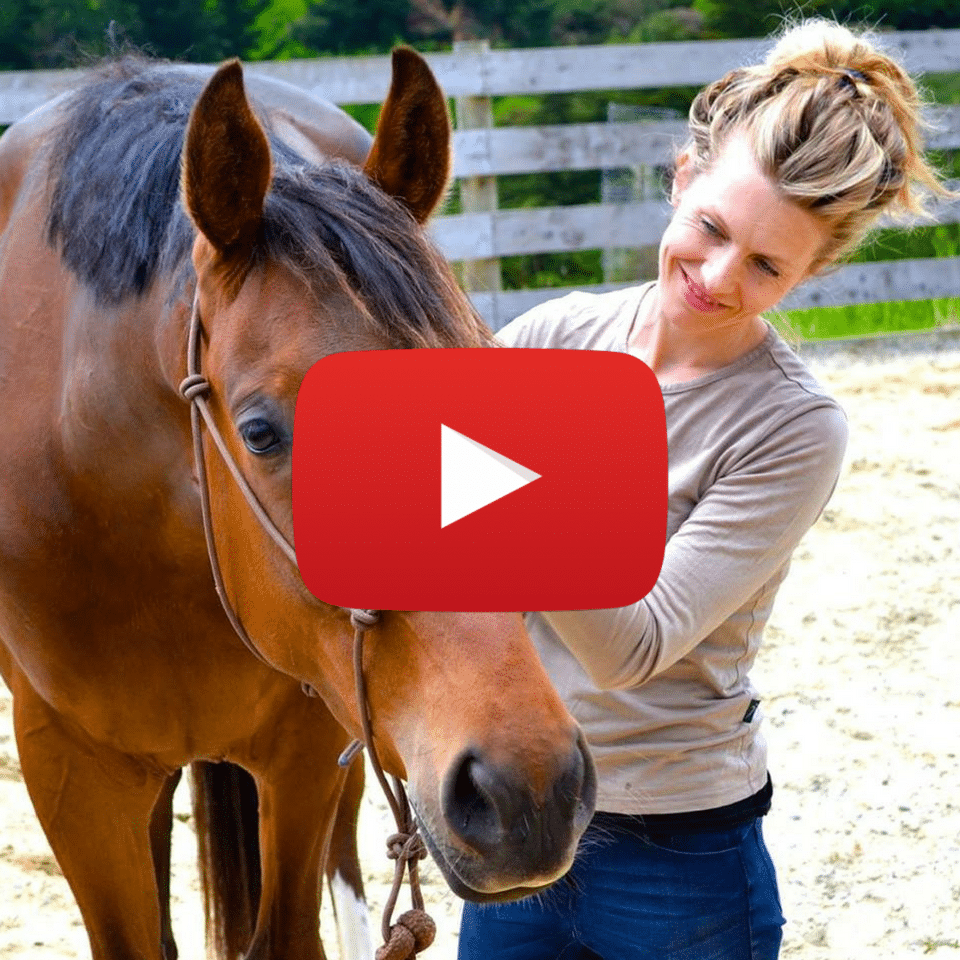
Hi Jane,
For a long time I have been comparing myself to a lot of riders, both my age and younger. Recently, it has started to get me more and more to the point where I am coming home from lessons feeling incredibly down. Any tips?
Catherine P.
Hey Catherine,
Thank you so much for your question. Rest assured that this is something that is not isolated to you alone- so many of the questions that I field from riders come from similar concerns.
There is a great quote that says that comparison is the thief of joy, and I think we have all felt this to be true at one point or another. The reason that, for the most part, it is such an unfair and biased evaluation process is that we are almost always comparing our weaknesses to someone else’s strengths, according to our perception. Not only is this an excellent prescription for experiencing a drop in self-confidence, it is also not that useful. Even comparing your strengths to someone else’s strengths is a flawed process; there is always going to be someone “better” than us. It’s an endless cycle with little to no value return.
So how do you break the habit of comparing yourself to others? Here are some tips that I have found to be effective.
Get Specific
Ask yourself what is specifically bothering you about the situation- and then use what you come up with to your advantage.
Is it that you want to be more skillful at a certain technique? Do you wish your had more confidence? Do you admire how svelte and polished they are looking? Great! Then do something about it! Celebrate your discovery as a form of motivation rather than deflation and use it to feed into your strategy moving forward.
Want to upskill? Who do you need to talk to? Who can you book a lesson with? How can you learn those skills for yourself?
Want to increase your confidence? How can you incorporate mindset training into your day?
Want to look more polished? Study, learn, implement.
Take what you feel you “lack” and incorporate it as part of your learning.
Increase your awareness
Most of us engage in unhelpful comparisons without even realizing that we are doing so. If you can catch yourself in the moment of comparison, pause at the thought and then simply redirect your focus towards what it is you are appreciative of, or an acknowledgement of your own strengths.
Often, we are very good at recognizing the strengths of others and not so good at pointing out our own. If you find this hard, again, notice what comes up for you. This can be a really great way of identifying any pesky limiting beliefs, such as “I’m not good enough” or “I don’t have enough talent to do what I want” which might be standing in our way.
Become aware, break the pattern, and then redirect your focus.
Aim for progress not perfection
It’s about progress, not perfection. Your riding journey has very little to do with what others are doing and where they are heading, and everything to do with what YOU are doing and where you are heading.
If you get too caught up in other people’s stories, you forget to write your own. Learn to habitually redirect your focus from lack to appreciation and I have no doubt you will start to turn things around!
xx Jane
You might also like:
7 Tips to help you break out of a negative rut
The uncomfortableness of being outside your comfort zone
Want to kick those confidence issues once and for all? Find out how you can Work with Me. You don’t have to do this alone!

